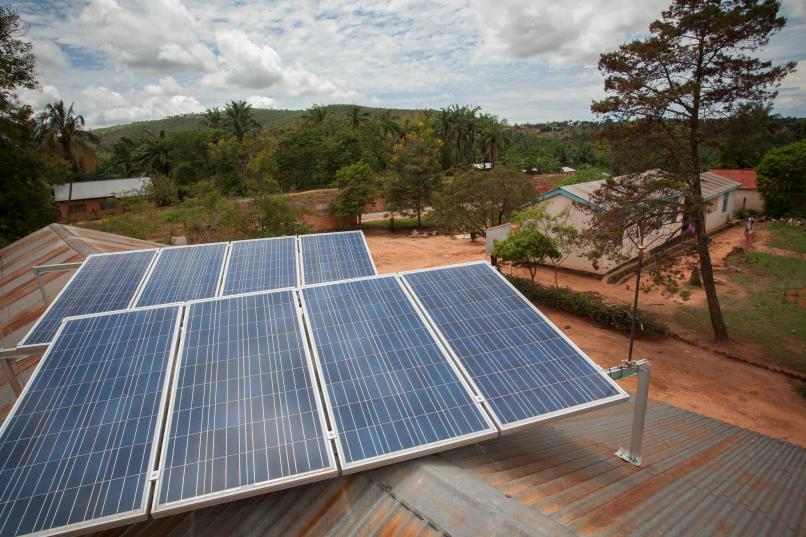Understanding Mini-Grid Tariffs in Sierra Leone: A Quantitative and Comparative Analysis of Price Drivers
The Government of Sierra Leone has made significant progressive policy and regulatory enhancements to support initiatives to increase electricity access. The policies provide for decentralized solar power and for mini-grids within the rural electrification strategy to increase access to energy in rural areas of Sierra Leone. The regulations provide for cost-reflective mini-grid tariffs necessary for market-driven mini-grid development and long-term sustainable mini-grid operations. However, cost-reflective end-user tariffs cause concerns around affordability of mini-grid electrification for rural customers. In Sierra Leone, various subsidies as well as the removal of the goods and services tax (GST) on operators have been provided to reduce mini-grid end-user tariffs. But it is recognized, by Sierra Leone stakeholders, that further interventions are still needed to address mini-grid tariff affordability and therefore access.
Undertaken with the support of the UK's Foreign, Commonwealth & Development office, this study identifies interventions to further reduce the end-user tariff to address affordability of mini-grid electrification in the long term. The study analyzed different components of the mini-grid tariff cost buildup, including service territory allocation; capital expenditure; capacity factor and system utilization; depreciation, avoided costs (ability and willingness to pay); operating and maintenance cost; and subsidies. For each of these components, the report provides recommendations, for implementation by mini-grid regulators and policy makers, that will enhance efficiencies and reduce barriers along the mini-grid value chain to achieve tariff reduction. In order to have an impact, the recommendations should be seen as a package rather than as standalone measures.




